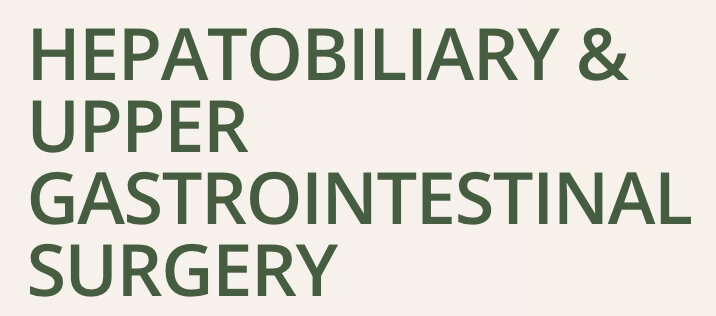Outcomes Following Endoscopic Retrograde Cholangiopancreatography (ERCP) for Cholangitis in Rural patients at a Metropolitan Referral Center
Cholangitis, an inflammation of the bile duct system secondary to bile duct blockage is a common and life-threatening condition, with a mortality rate of approximately 2-5% in severe cases. Those presenting with acute cholangitis can result in bacteria going into their blood leading to shock, organ failure and can require intensive unit care support. Endoscopic retrograde cholangiopancreaticography (ERCP) is the mainstay of treatment for cholangitis - this is an advanced endoscopic procedure used to relieve the obstruction of the bile duct with either clearance of the bile duct or placement of a bile duct stent.
The Tokyo Guidelines is the primary standard for assessment, diagnosis and management of acute cholangitis and it recommends the expedient use of ERCP to reduce mortality from cholangitis. St Vincent’s Hospital Melbourne and Box Hill Hospital are both major referral hospitals located in Melbourne, Australia, which provide a 24 hour ERCP service and thus serve as major referral centres for patients with cholangitis from across the state of Victoria. Patients from rural Victoria face significant challenges in accessing urgent surgical services. Access to urgent ERCP for patients presenting in regional areas is inconsistent, and patients often require transfer to a metropolitan centre such as St Vincent's Hospital or Box Hill Hospital for this service. This can increase the time from presentation to ERCP for patients residing in rural areas.
One of the key principles of cholangitis management, as described in the Tokyo Guidelines, is access to early ERCP and this access may be compromised for rural patients. The Tokyo Guidelines recommends classifying the grade of cholangitis in order to identify those patients who will benefit from early biliary drainage; however, this recommendation has not yet been validated in the literature. Furthermore, this is the first Australian study that examines adherence to the Tokyo guidelines while comparing the duration between presentation and ERCP, and patient outcomes given their severity of cholangitis.
Aim:
- Compare outcomes of ERCP performed for acute cholangitis between rural patients transferred to a major referral centre and metropolitan patients presenting directly to a major referral centre.
- Identify potential areas for improvement in service delivery for rural patients being transferred to a major referral hospital
- Validate the Tokyo guidelines for management of cholangitis in an Australian population

Status: Active
Site: St Vincent’s Hospital Melbourne, Box Hill Hospital
Ethics: HREC/73425/SVHM-2021-261012
Principal Investigator: Mr Brett Knowles
Eligibility
Inclusion
Adults ≥18 years of age
Clinically or biochemically diagnosed with cholangitis as per Tokyo Guidelines
Admitted to St Vincent’s Hospital Melbourne or Box Hill Hospital for ERCP
Exclusion
Participants lost to follow up
Participants with incomplete data available
Outcome Measures
30 and 90-day mortality following ERCP for cholangitis
Time to ERCP from admission
Length of ICU and hospital stay
Post ERCP morbidity including organ failure and post-ERCP induced pancreatitis
Use of stent at initial ERCP and need for further interventional management
